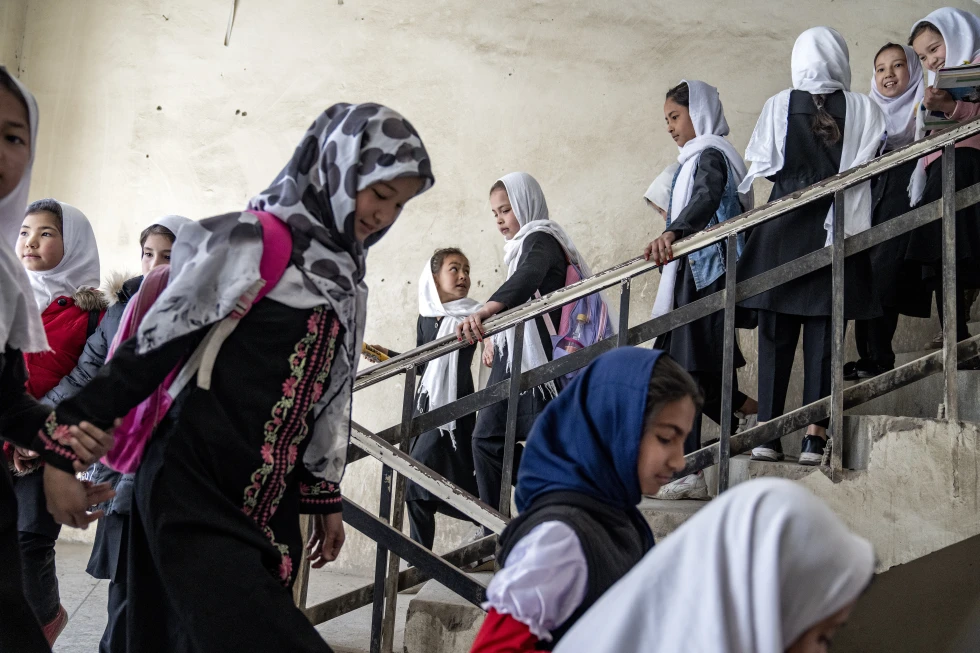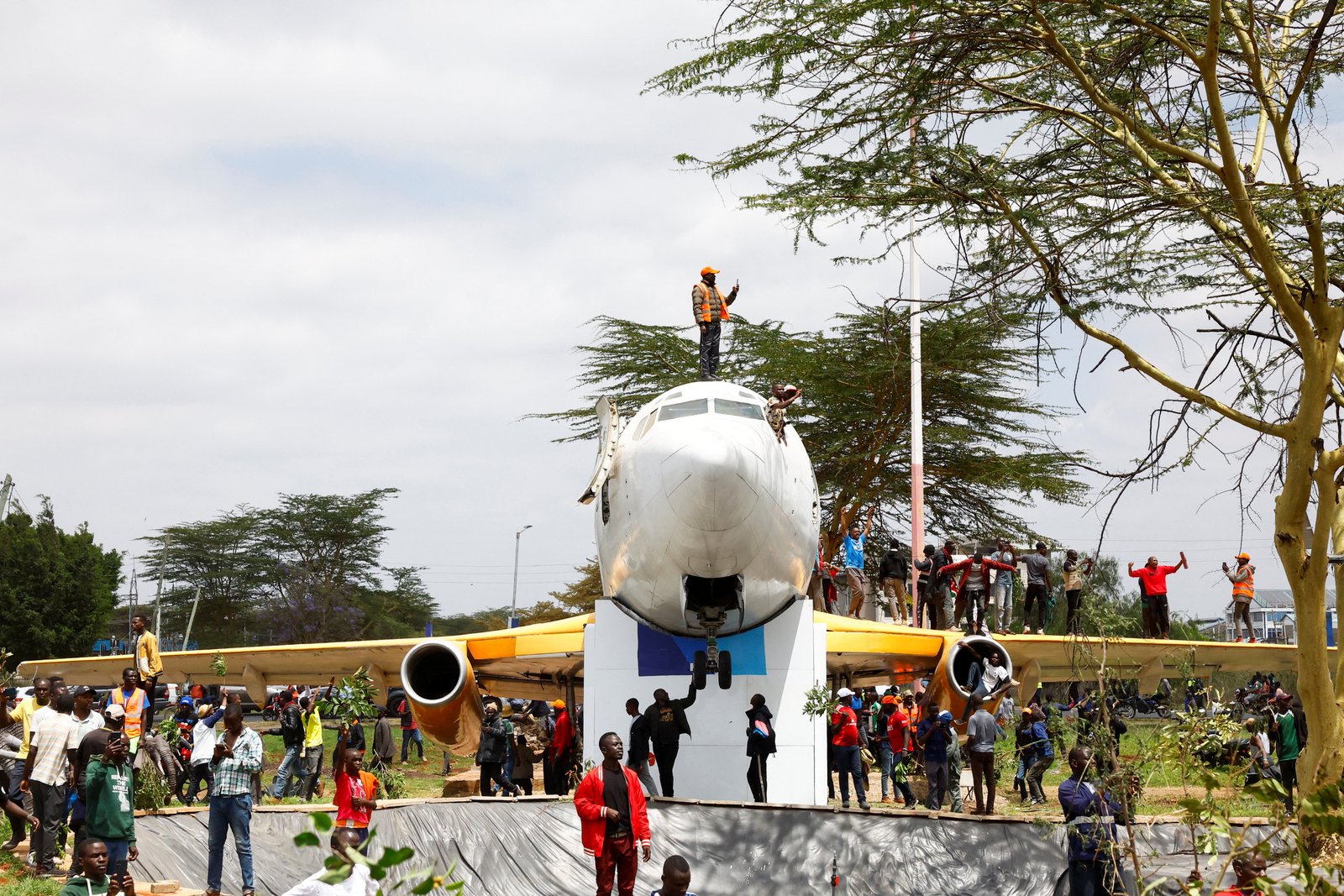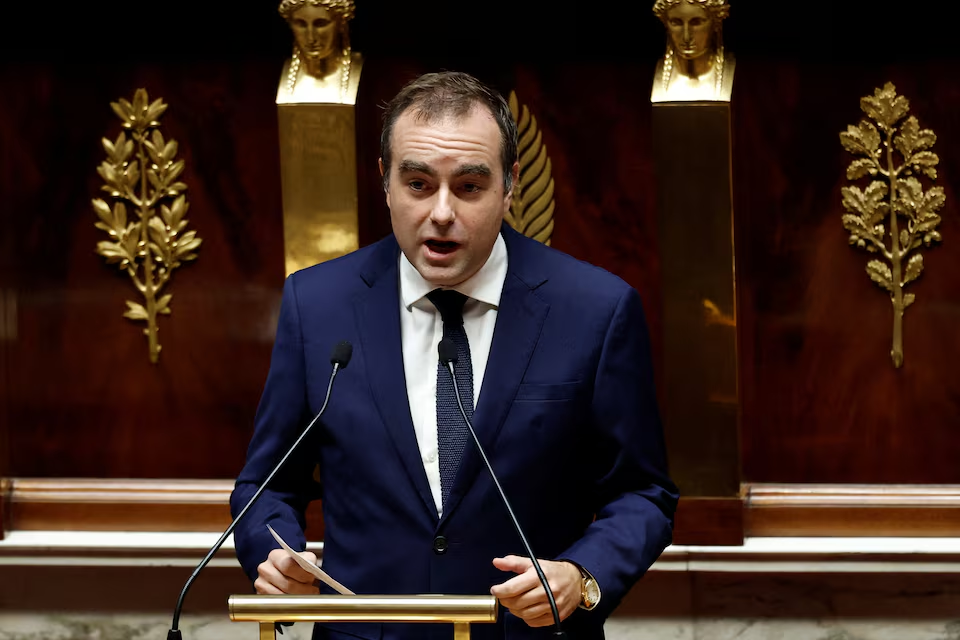Taliban Deputy Foreign Minister Abbas Stanikzai Opposes Government’s Ban on Women's Education
A senior Taliban official has called on the group’s leader to lift the ban on women's education, stating that there is no justification for such a restriction.
Taliban Deputy Foreign Minister Abbas Stanikzai Opposes Government’s Ban on Women's Education
Taliban Deputy Foreign Minister Abbas Stanikzai Opposes Government’s Ban on Women's Education
A senior Taliban official has called on the group’s leader to lift the ban on women's education, stating that there is no justification for such a restriction.
Sher Abbas Stanikzai, the political deputy at the Foreign Ministry, made these remarks during a speech at a religious school ceremony in Khost province on Saturday.
He said, “There was no justification for it in the past, and there shouldn’t be one now.” The government has imposed a ban on education for women after the sixth grade. Reports from last September indicated that authorities had also stopped medical training and courses for women.
In Afghanistan, women can only be treated by female doctors and health professionals. However, authorities have yet to confirm the ban on medical training.
In a video shared on his official X account, Stanikzai said, “We call on the leadership again to open the doors of education. We are committing an injustice against 20 million people out of a population of 40 million, depriving them of all their rights. This is not Islamic law, but our personal decision or nature.”
Stanikzai was once the head of the Taliban team that led negotiations for the complete withdrawal of foreign troops from Afghanistan.
This is not the first time he has spoken about women's right to education. He made similar remarks in September 2022, a year after schools were closed for girls and months before the university ban was introduced. However, his latest comments marked a direct appeal to Taliban leader Hibatullah Akhundzada for a policy change.
Ibrahim Bahiss, an analyst with the Crisis Group’s South Asia program, said, “Stanikzai has periodically referred to girls' education as a right of all Afghan women. However, this latest statement appears to go further by publicly calling for a policy change and questioning the legitimacy of the current approach.”
In the Pakistani capital, Islamabad, Nobel Peace Prize laureate Malala Yousafzai urged Muslim leaders to challenge the Taliban on women’s education. She was speaking at a conference hosted by the Organization of Islamic Cooperation and the Muslim World League.
The UN has said that recognizing the Taliban as the legitimate rulers of Afghanistan is almost impossible as long as bans on female education and employment remain in place, and women are unable to go out in public without a male guardian.
No country recognizes the Taliban as Afghanistan’s legitimate rulers, but countries like Russia have been building ties with them. India has also been developing relations with Afghan authorities.
Earlier this month in Dubai, a meeting between India’s top diplomat, Vikram Misri, and Afghan Foreign Minister Amir Khan Muttaqi highlighted their deepening cooperation.










